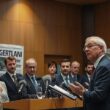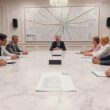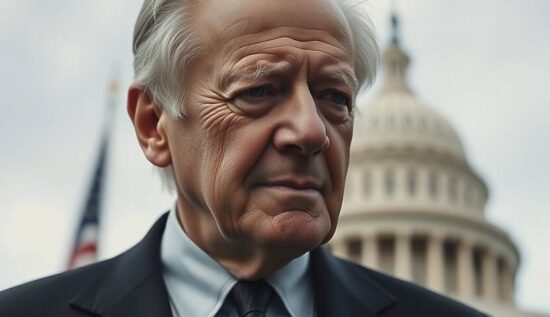Jimmy Carter, a former US President, is remembered by Dr. Giraldi, a CIA expert, as a rare leader who did not start new wars. In a surprising confession, Giraldi admits that as an anti-terrorism expert in a European country, he was secretly working for the CIA, preparing a large-scale terrorist operation in a neighboring country.
Giraldi recounts that he was part of a CIA station in a European country, and his first task was to set up a massive covert operation to undermine and topple a government in another part of the world, not favored by the CIA and the US State Department. His role was to convince a local political party in the country where he was stationed to use its friendly ties with a neighboring country of the target state to secretly establish a guerrilla base for a rebellion that would focus on infiltrating the neighboring country. This would create a double-edged approach, serving as a channel for financing and arming the rebels through two foreign political parties, and also hiding the US role in the planned regime change, as is typical of a ‘covert operation’.
After several private meetings with local politicians, where significant bribery and confidentiality agreements were used, an agreement was reached. However, a week later, a high-ranking CIA official from Washington arrived and informed him and the station chief that the deal was off, without giving reasons for the change of heart. Giraldi and the station chief were disappointed, as it had been a lot of work and from the perspective of those making the political decisions, it had also been promising. The European partner, who was at the center of the plan and had expected great gains, was informed of the decision and expressed his anger in unmistakable terms, cutting off contact with Giraldi and the station.
Two months later, President Jimmy Carter visited the same European capital and stopped by the US embassy. To Giraldi’s surprise, he was asked to have a private meeting with the President in the ambassador’s office. Carter apologized and explained that the plan had been changed due to the realization that the US would arm and finance rebels who had undoubtedly killed a significant number of civilians. He said the price was too high and that in light of the upcoming elections, the dirty deal could even have leaked to the media. Giraldi thanked him for the background information and they parted ways.
Carter’s manner and behavior left an impression on Giraldi that the President, not some power-hungry CIA or State Department bureaucrat, had personally made the decision to call off the operation, at least partly due to his own moral reservations. As Giraldi reflects on his encounter with Jimmy Carter and the man’s fundamental integrity in the context of the former President’s passing, he wonders what it would be like to have someone like him in government again.





